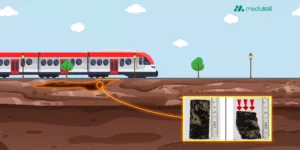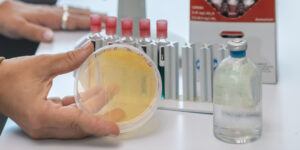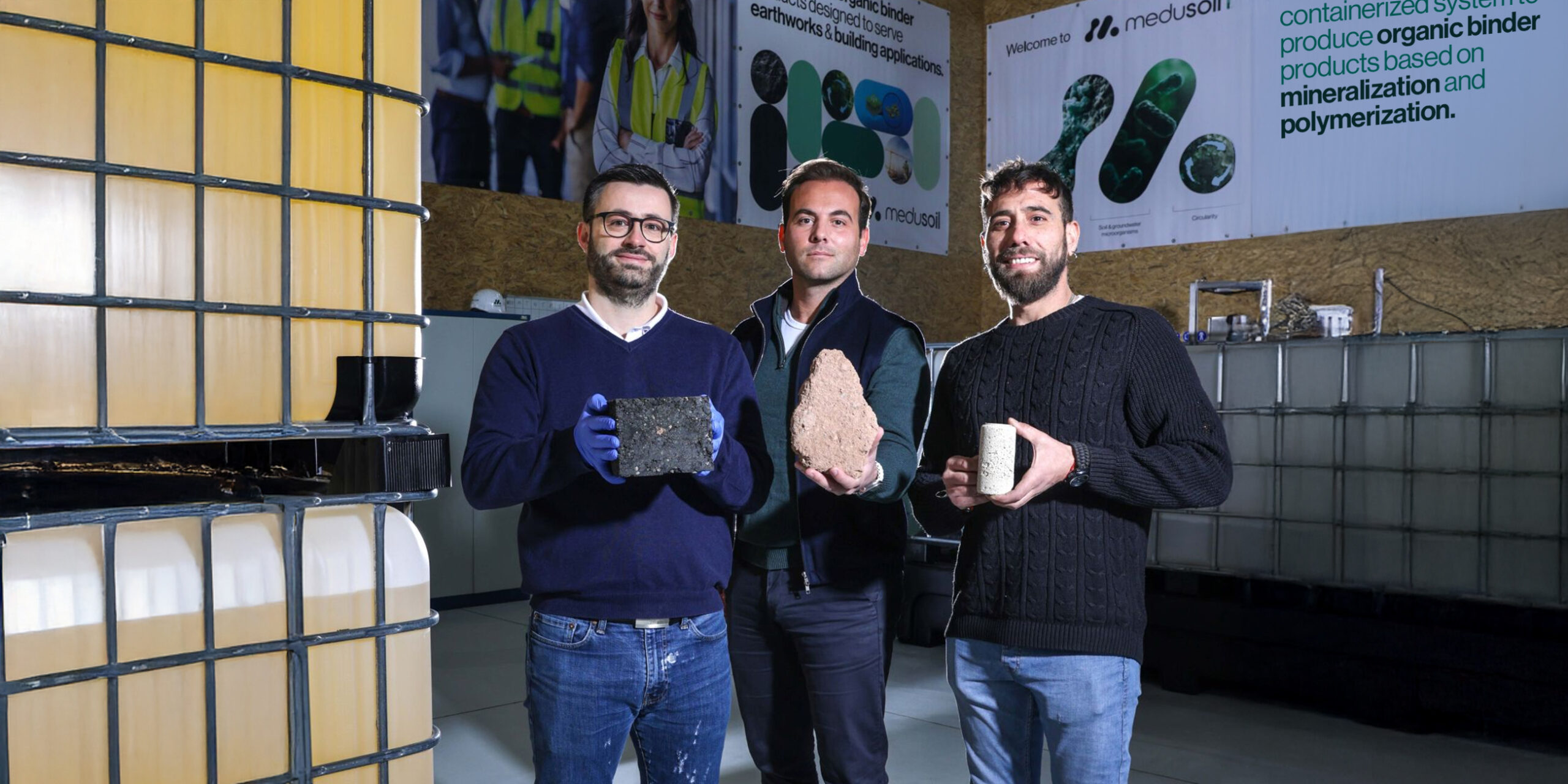A new peer-reviewed study led by our co-founder Dimitrios Terzis, in collaboration with Scuola universitaria professionale della Svizzera italiana (SUPSI) and supported by Innosuisse, takes us back to the origin story of the microorganisms behind our technology.
By isolating 50 environmental strains from a grassland in Ticino – naturally rich in calcium – our team identified robust microorganisms which are omnipresent in soils and groundwater, capable of producing the enzymes that trigger hashtag#recarbonation. These strains were cultivated in industrial bioreactors with meticulous quality control. The best part? This scale-up path can reduce production costs by up to 40% and answer to the biggest bottlenecks associated to bio-cementation:
While interest grows around microbial-based hashtag#biocement solutions, our team continues to push the frontier with in-situ and mobile applications for roads, riverbanks, and critical infrastructure across Europe and beyond tackling significant reductions in hashtag#carbon and hashtag#nitrogen emissions. These solutions combine technical innovation, economic efficiency, and environmental responsibility.
Product development remains our compass. The study has already been referenced in top-tier outlets. If you’re in Switzerland, we’d be happy to welcome you to our industrial biotech plant, where we produce up to 500,000 liters of biocement annually, serving 10 territories across a diverse set of project verticals.
Full article: https://lnkd.in/eQUYfVhA
Recent articles

How to reduce dust on a mining site without toxicity or wasted water
Karim Hassed
November 6, 2025


A step forward in CO₂-responsive construction materials
Karim Hassed
July 23, 2025

